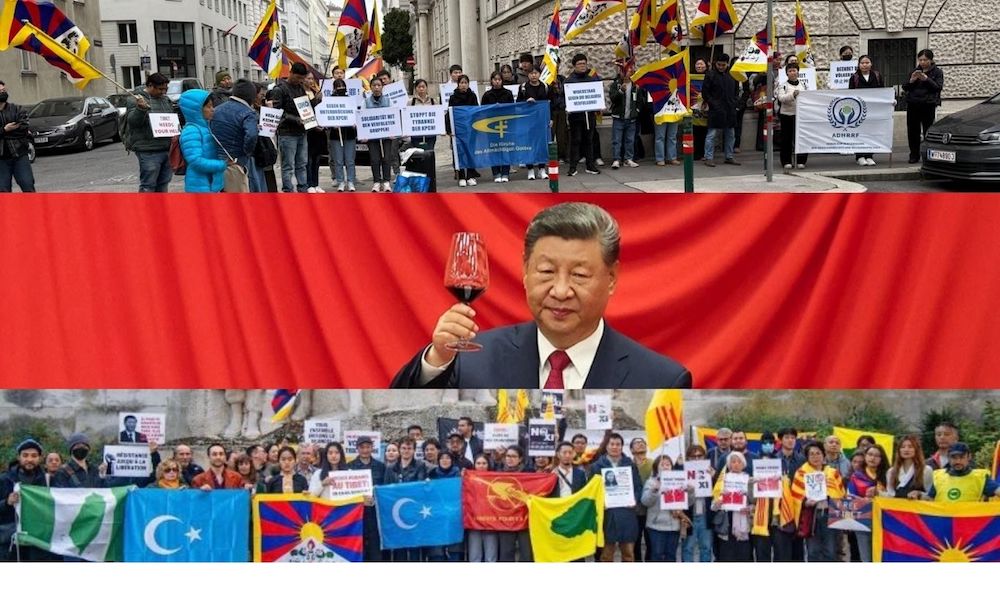Tenzin Nyidon
DHARAMSHALA, Oct. 4: Germany’s Higher Regional Court in Dresden has sentenced Jian Guo, a Chinese national and former aide to Maximilian Krah, a Member of the European Parliament from Germany’s far-right Alternative for Germany (AfD) party, to four years and nine months in prison for engaging in espionage for China, earlier this week.
According to prosecutors, Guo’s espionage activities extended beyond the European Parliament. He reportedly shared personal information about political figures within the AfD and leaked internal party operational matters to Chinese authorities. The indictment also accused him of passing confidential materials related to parliamentary deliberations, spying on Chinese dissidents in Germany, and collecting personal data on European politicians.
Investigations further revealed that Guo had been monitoring and investigating Chinese nationals residing in Germany who expressed dissenting opinions against Beijing, effectively acting as an informant embedded within the Chinese exile community.
Guo, who once had an audience with the exile Tibetan spiritual leader, His Holiness the Dalai Lama, while masquerading as a pro-democracy Chinese activist, was found guilty of transmitting more than 500 highly classified European Parliament documents to Chinese intelligence agencies since 2019.

In connection with the case, a Chinese woman identified as Yaqi X., who worked at Leipzig Airport, was sentenced to one year and nine months in prison for assisting Guo. She reportedly provided him with classified information about military aircraft movements and passenger data, which he later passed to Chinese intelligence officials.
Prosecutors described the case as one of the most serious instances of Chinese espionage uncovered in Germany, underscoring the growing challenges European governments face in countering Beijing’s covert influence operations.
China’s Foreign Ministry has denied the allegations, dismissing them as politically motivated attempts to discredit China.
Reports say the case has fueled concerns across Europe about the depth and reach of Chinese intelligence activities, particularly their infiltration of political institutions and surveillance of diaspora communities and dissidents abroad.









